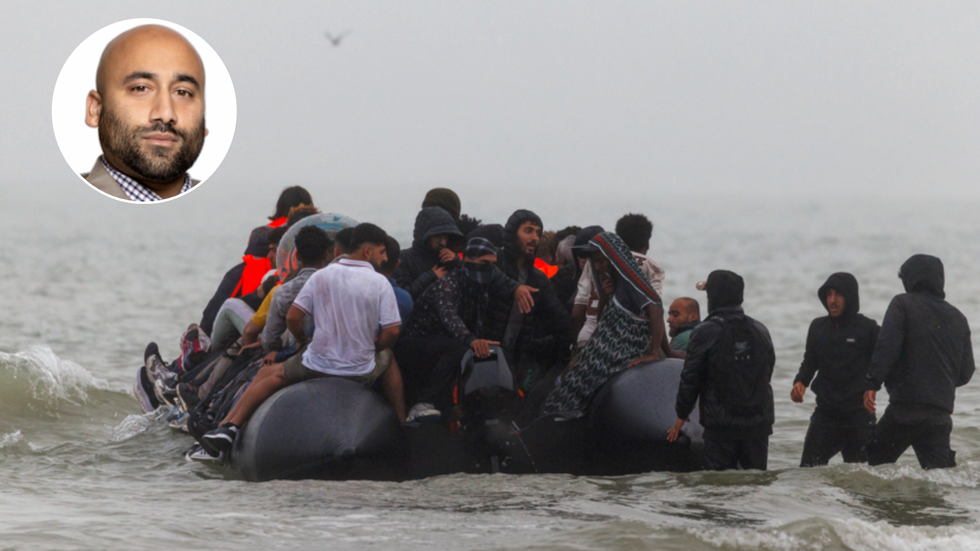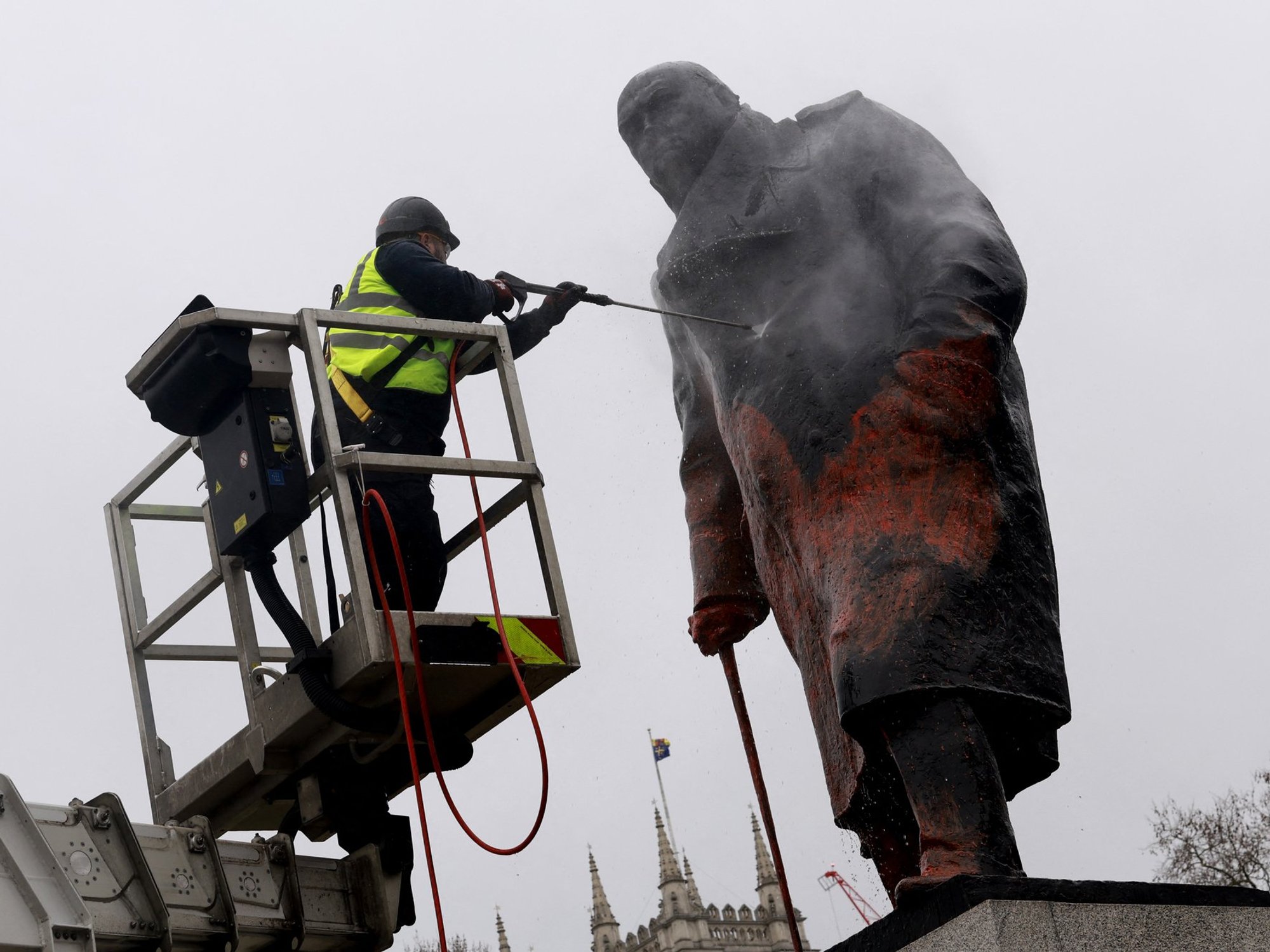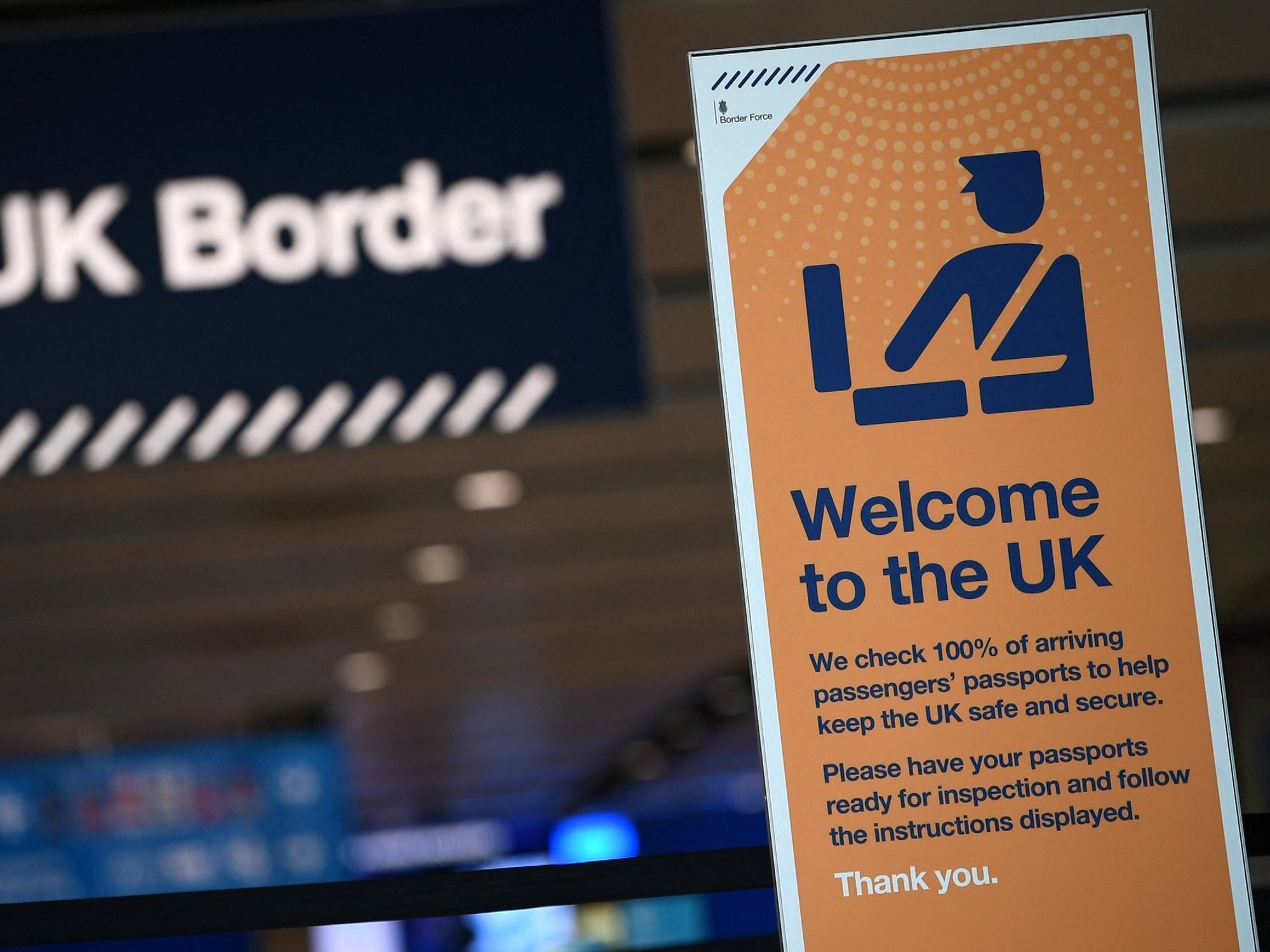We must stop dancing around what links the small boats to sexual violence and anti-Semitism – Rakib Ehsan

WATCH: Lifeboats carrying migrants flood into Dover Harbour on record breaking day |
GB
Our dysfunctional asylum system and failed integration have fed the beast of Islamist extremism
Don't Miss
Most Read
Trending on GB News
The fundamental shift in the Overton Window on matters of immigration and refugee policy has led us to an all-important question: should the UK even have an asylum system?
The darling of the online Right, former Reform UK MP Rupert Lowe, has declared that the UK should get rid of its asylum system. While this would be a radical course of action, I suspect this kind of sentiment is growing among the British public.
Over the years, our dysfunctional asylum system and failed integration have fed the beast of Islamist extremism, which very much remains the UK’s principal terror threat.
The ongoing crisis has also undermined the safety of British women and girls, with several nationalities strongly associated with asylum claims now ranking highly when it comes to rates of sexual criminal activity.
In these parts of the world, hatred of Jews is anything but on the margins of society – to import such large numbers threatens to destabilise our multi-faith democracy. Britain’s lax borders are fanning the flames of Islamist extremism, compromising the security of its female citizens, and fuelling antisemitism against British Jews.

We must stop dancing around what links small boats, sexual violence, and anti-Semitism – Rakib Ehsan
|Getty Images
The ongoing small-boats emergency on the English south coast has seen waves of illegal migrants, predominantly young unattached males from societies with vastly different prevailing social and cultural norms, arrive in the UK, often without any form of official documentation.
How is it possible for the relevant authorities to check the past organisational affiliations and criminal history of these able-bodied men of military-fighting age?An overburdened asylum system, which has been far too relaxed when it comes to accepting claims and granting refugee status, is bursting at the seams.
The dispersal system means that small-boat migrants tend to be relocated to relatively deprived parts of the country on the grounds that housing costs are lower there. Essentially, traditional left-behind communities have been treated as dumping grounds during the UK’s illegal migration crisis, with affluent liberal areas simply not shouldering the burden.
This is a grave social injustice.
Britain’s asylum system must be reformed in line with the principle of temporary sanctuary – granting refugee status should not be an indefinite leave to remain.
Under a regimented system of asylum, there should be the prioritisation of courageous journalists, political dissidents, intelligence assets, and persecuted opposition leaders who have a proven track record of being sympathetic to Western interests and supporting liberal democratic values.
If the situation improves in their country of origin – perhaps due to regime change – then these intellectually gifted refugees should be expected to return to their homelands to assist with their political, economic, and social reconstruction.
It is entirely possible for the UK to have an asylum policy which is both pragmatic and compassionate, hard-headed and benevolent.
One which bridges the British national interest with international moral responsibility. If we do not take steps in this direction and more established communities start feeling the social, cultural, and economic effects of the small-boats emergency, public demands for the complete abolition of the asylum system – a zero-refugee policy – will only grow louder.
More From GB News










